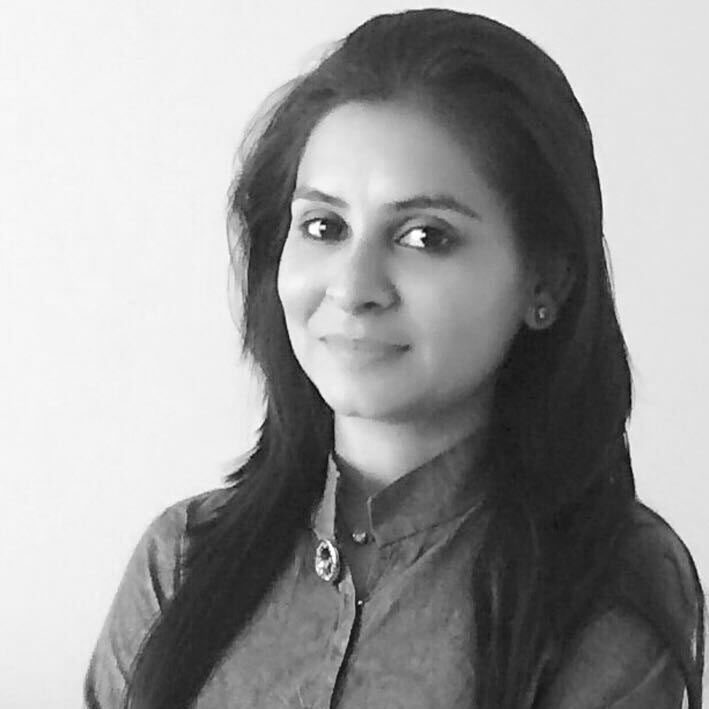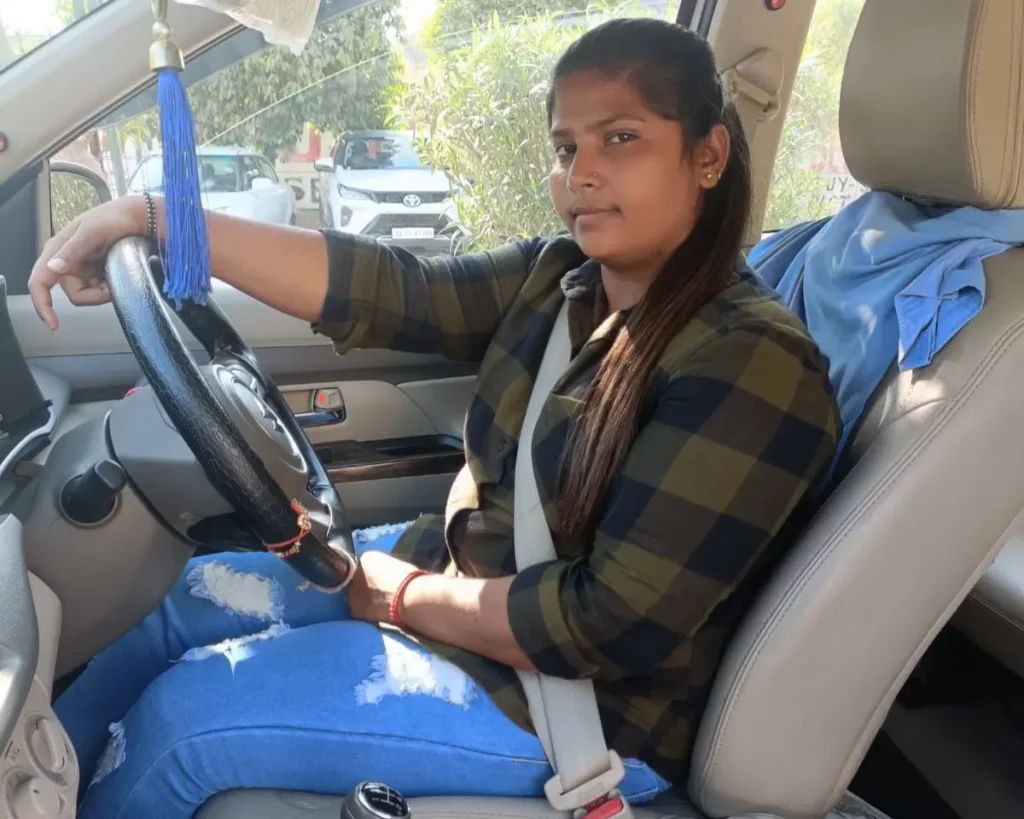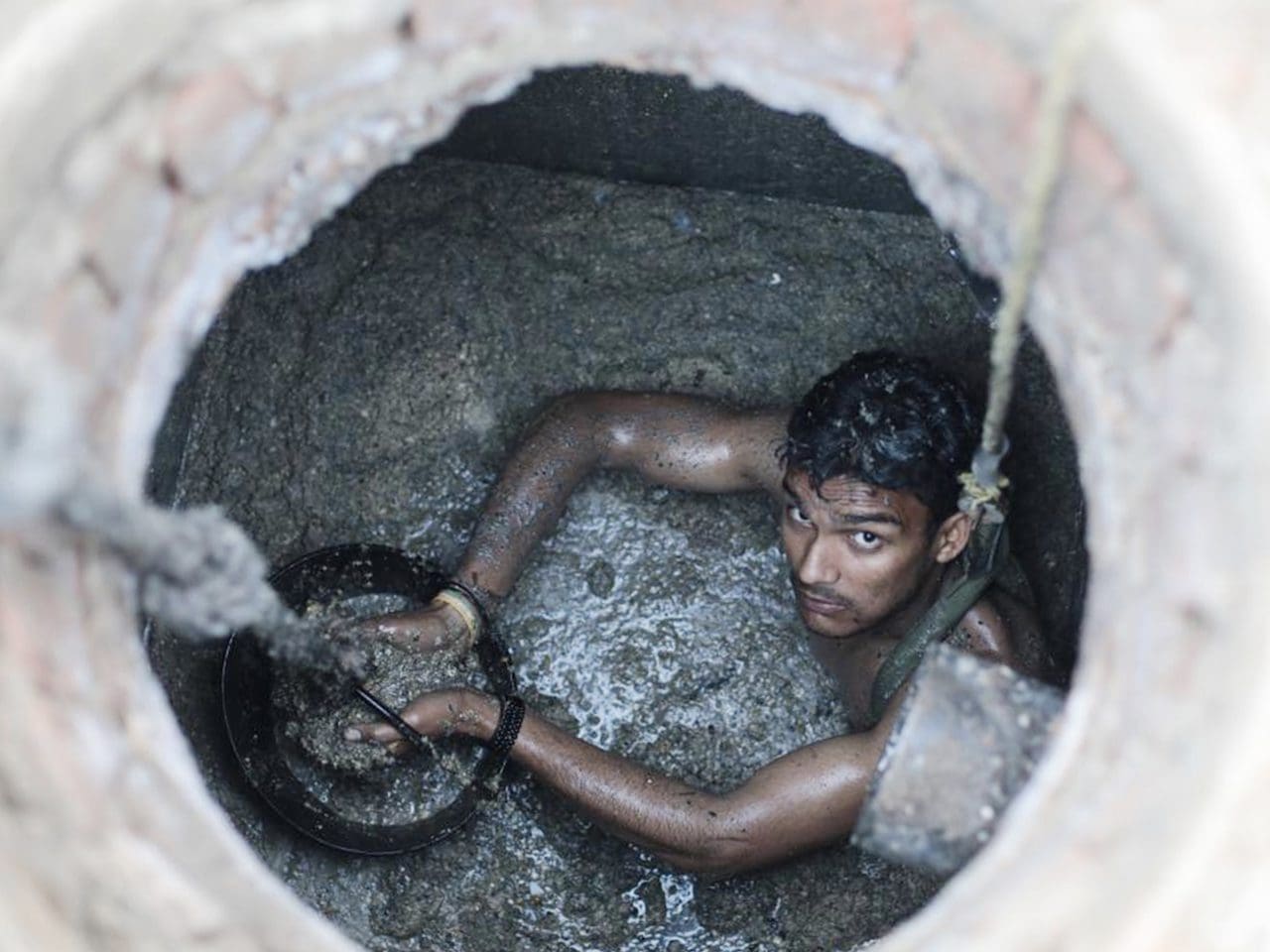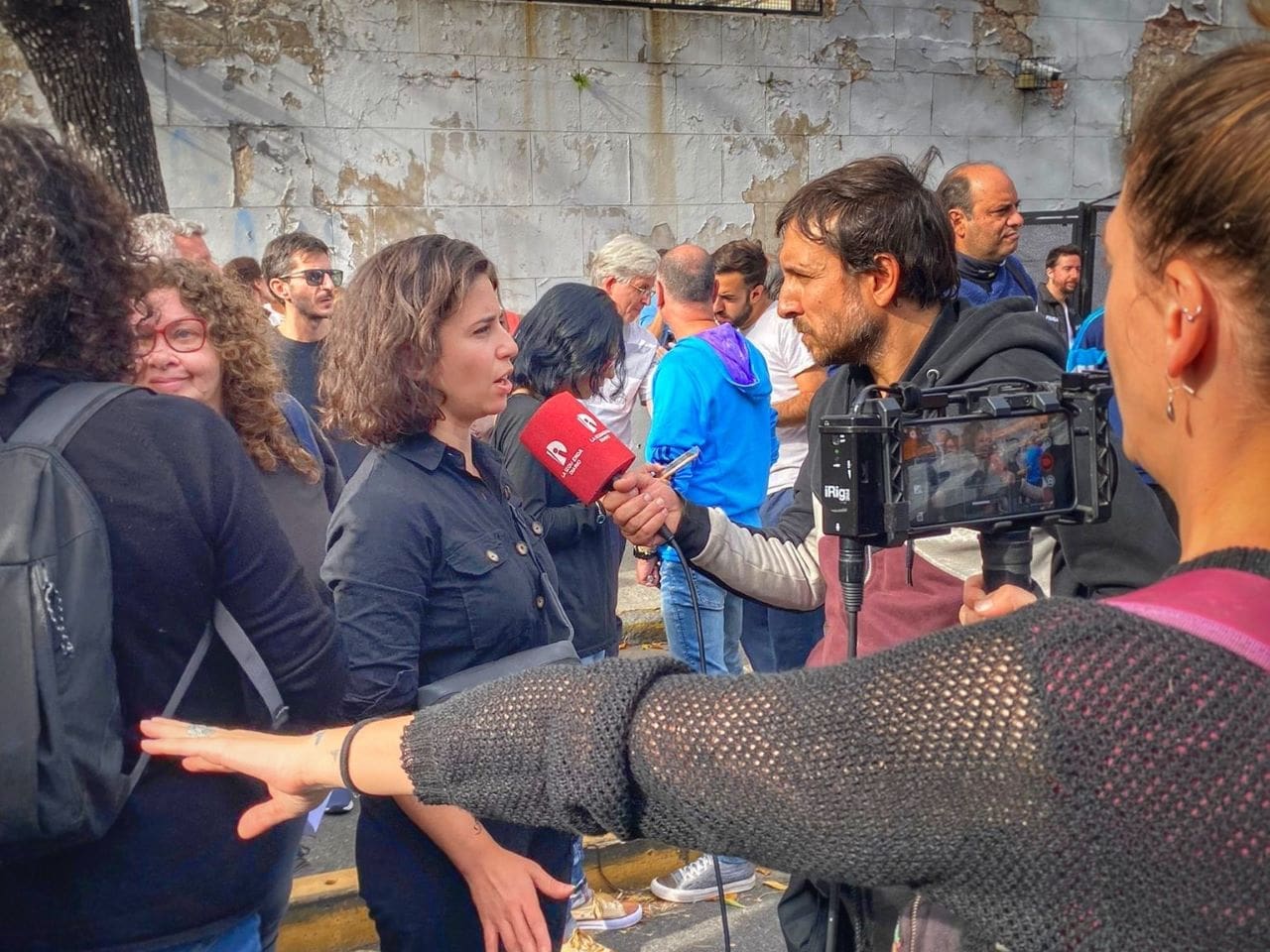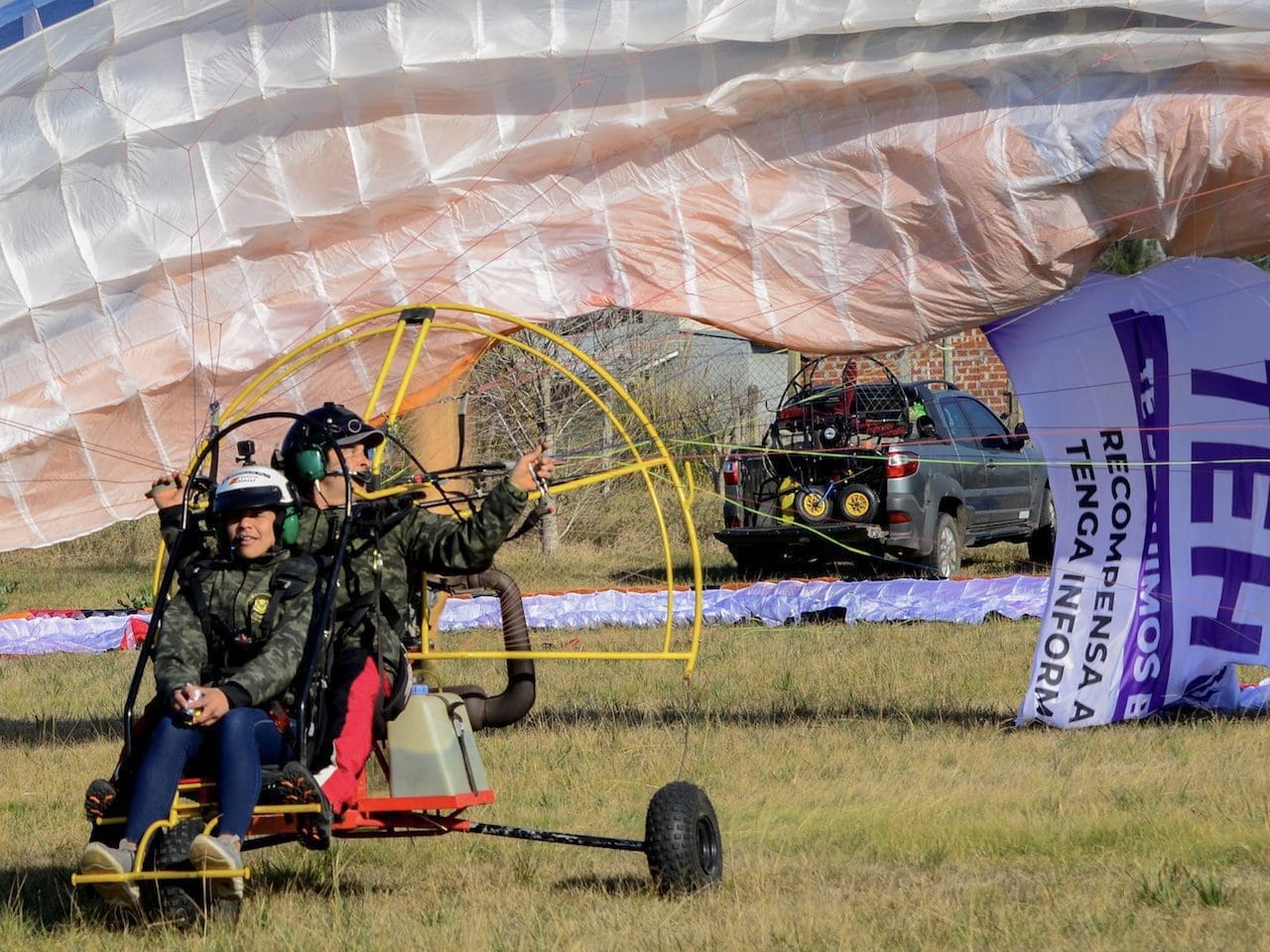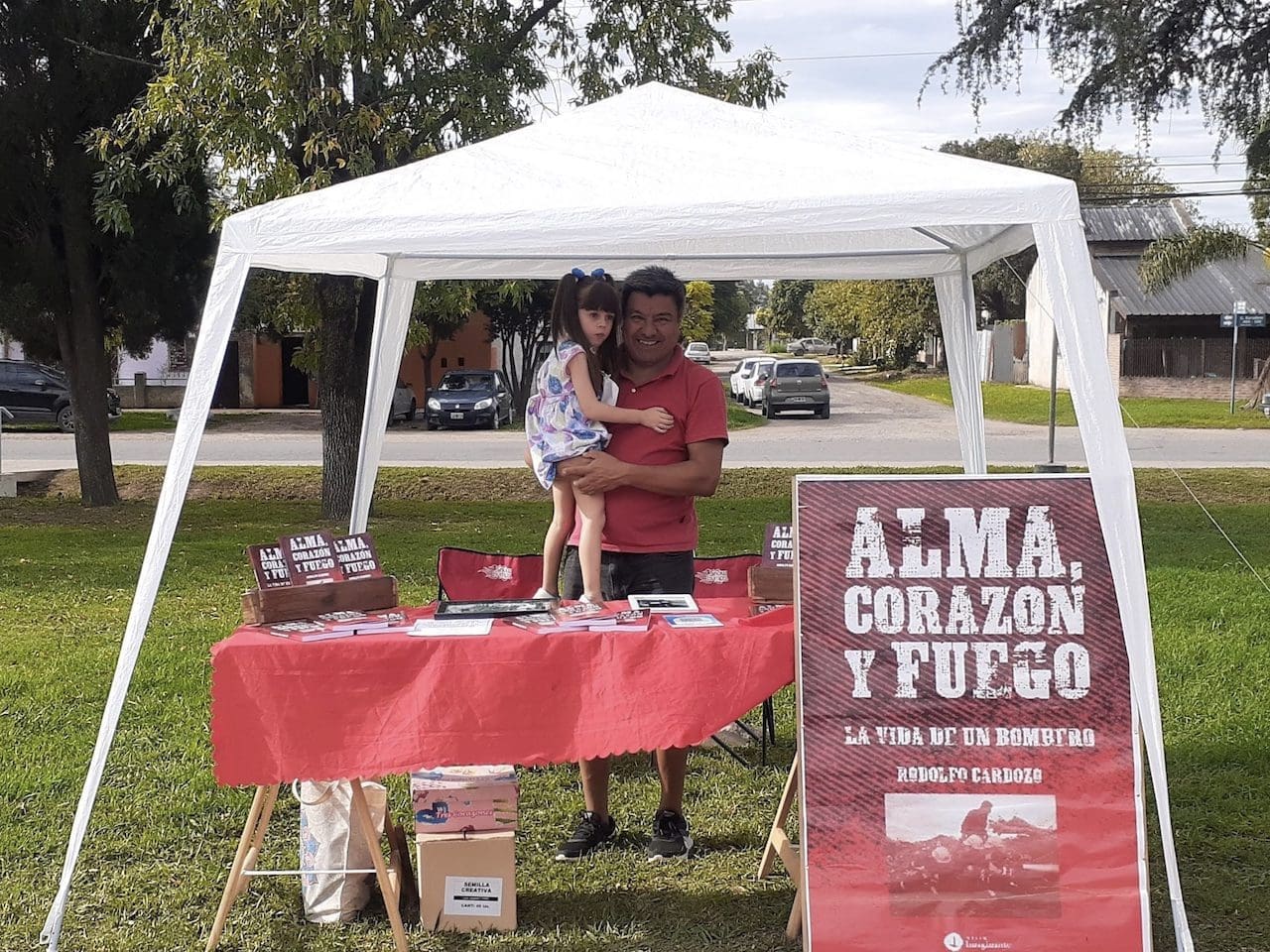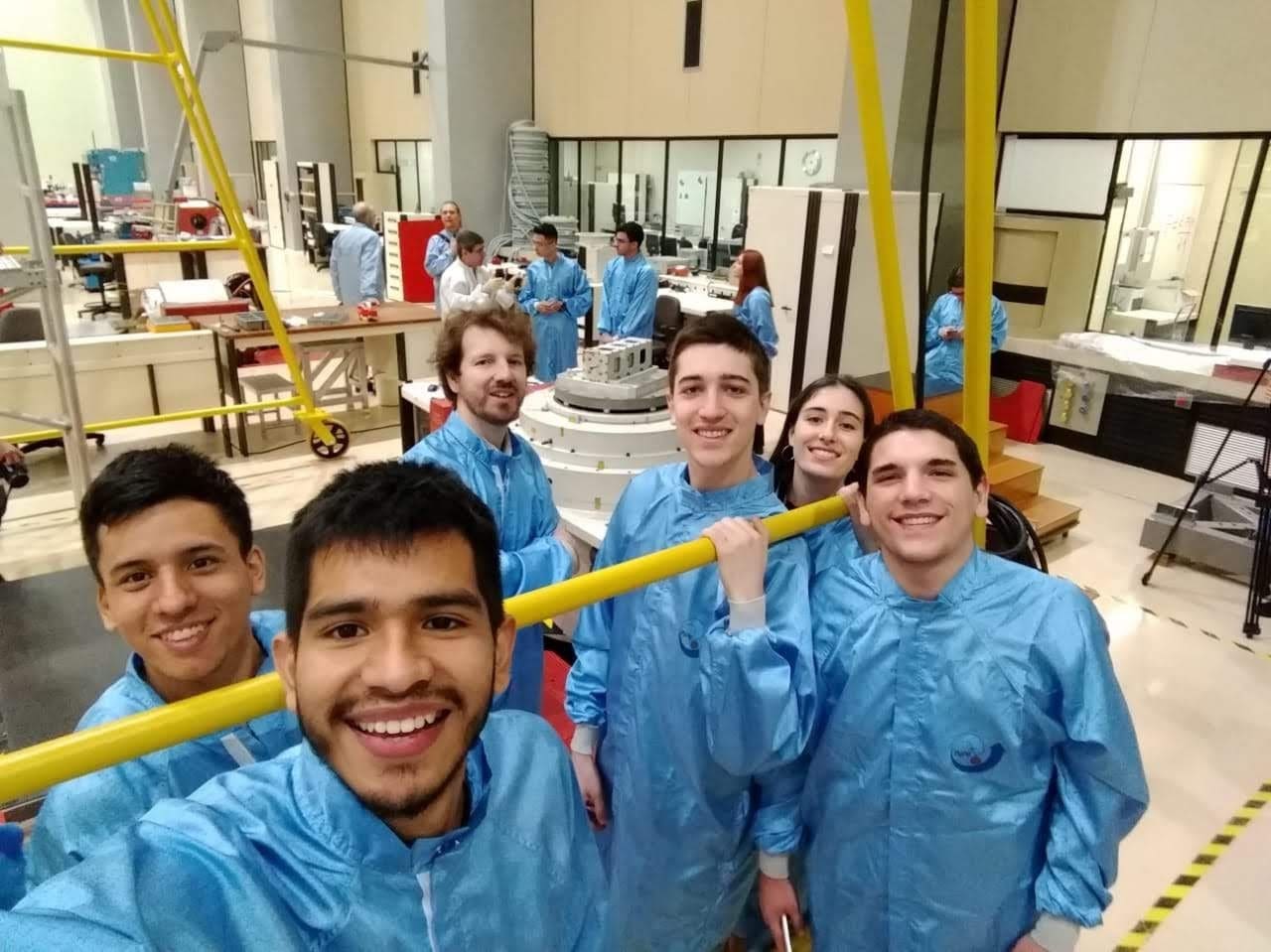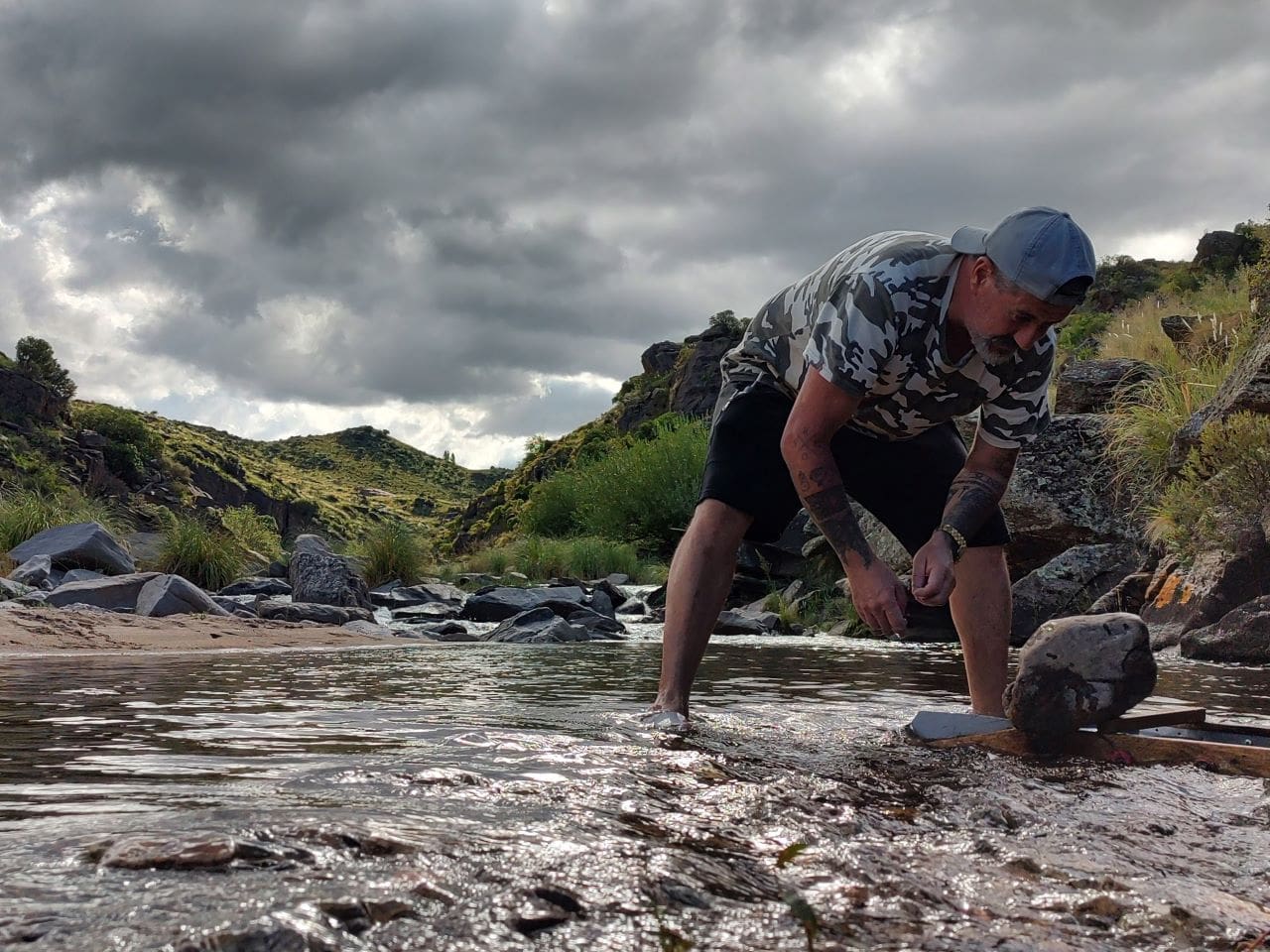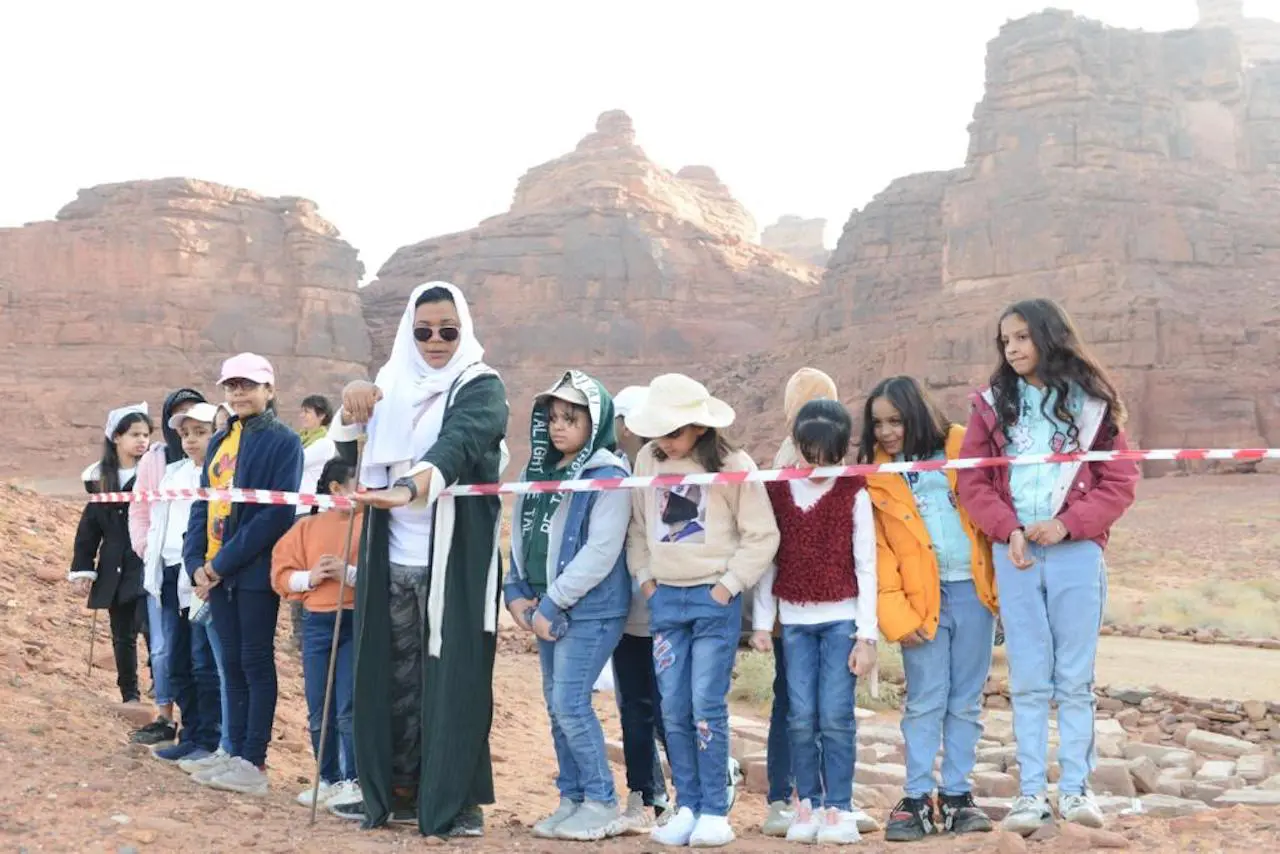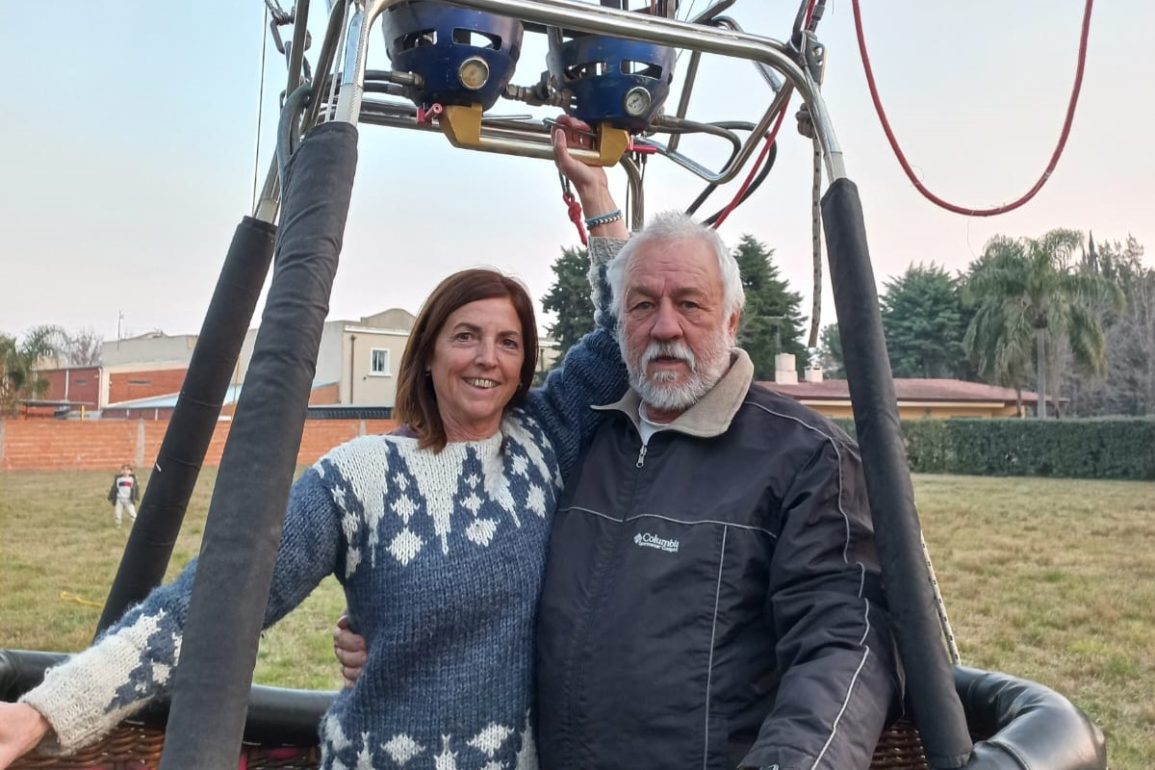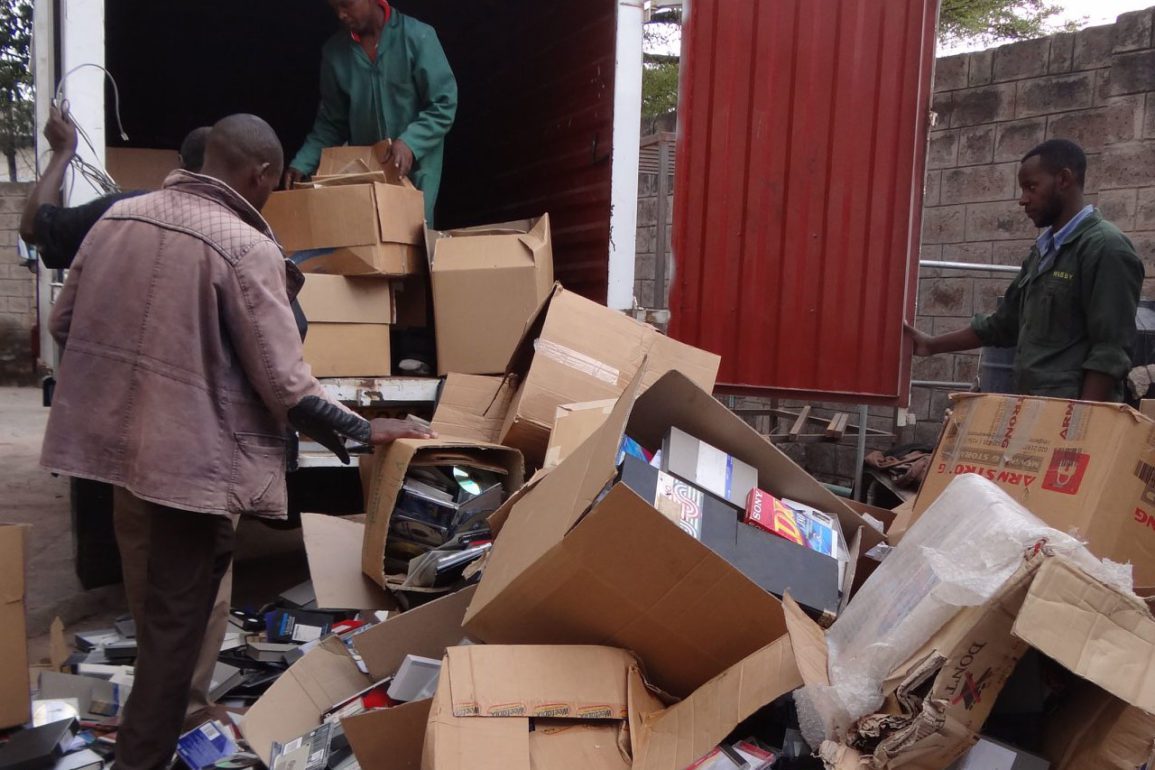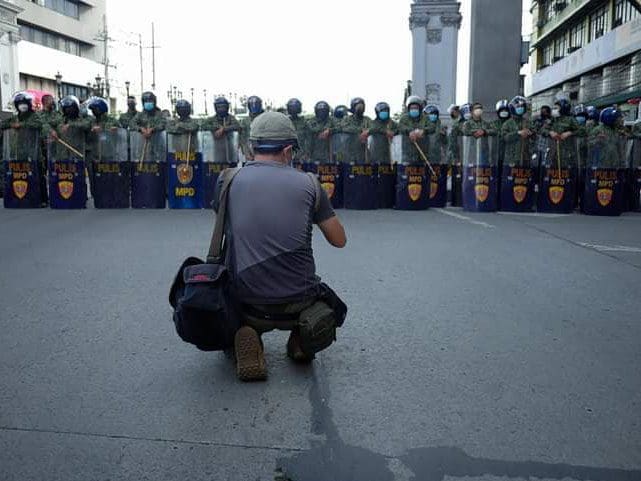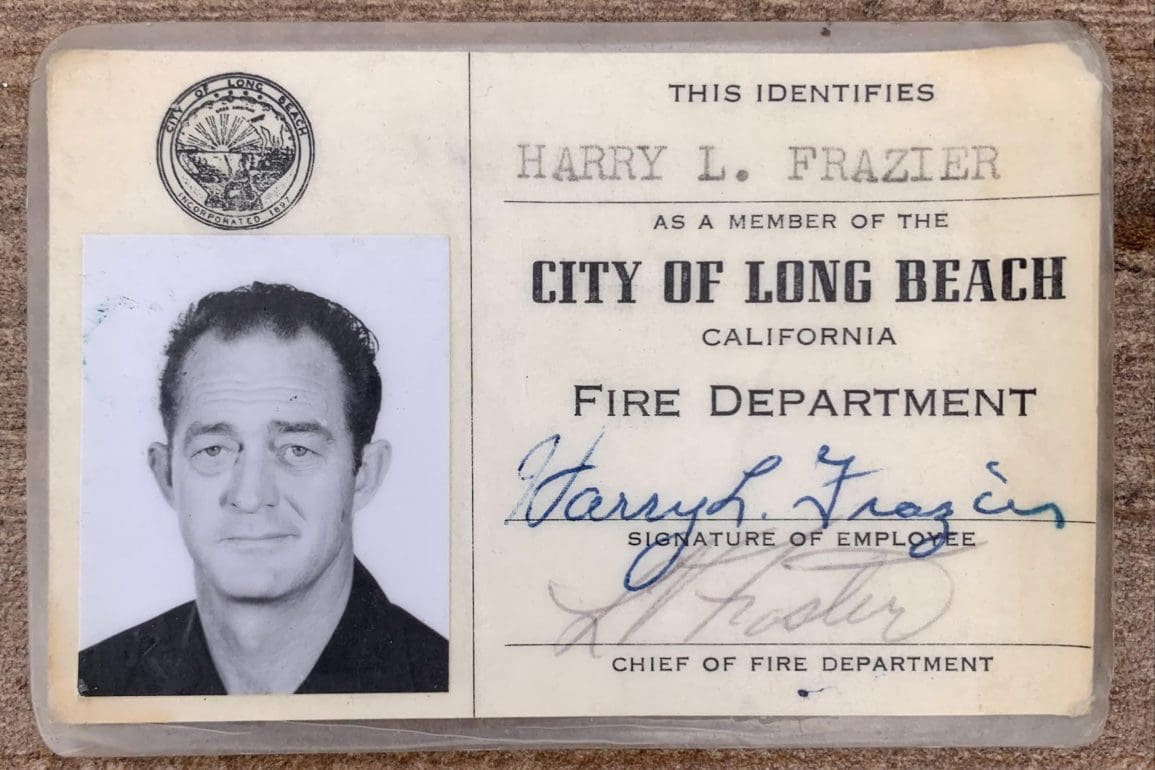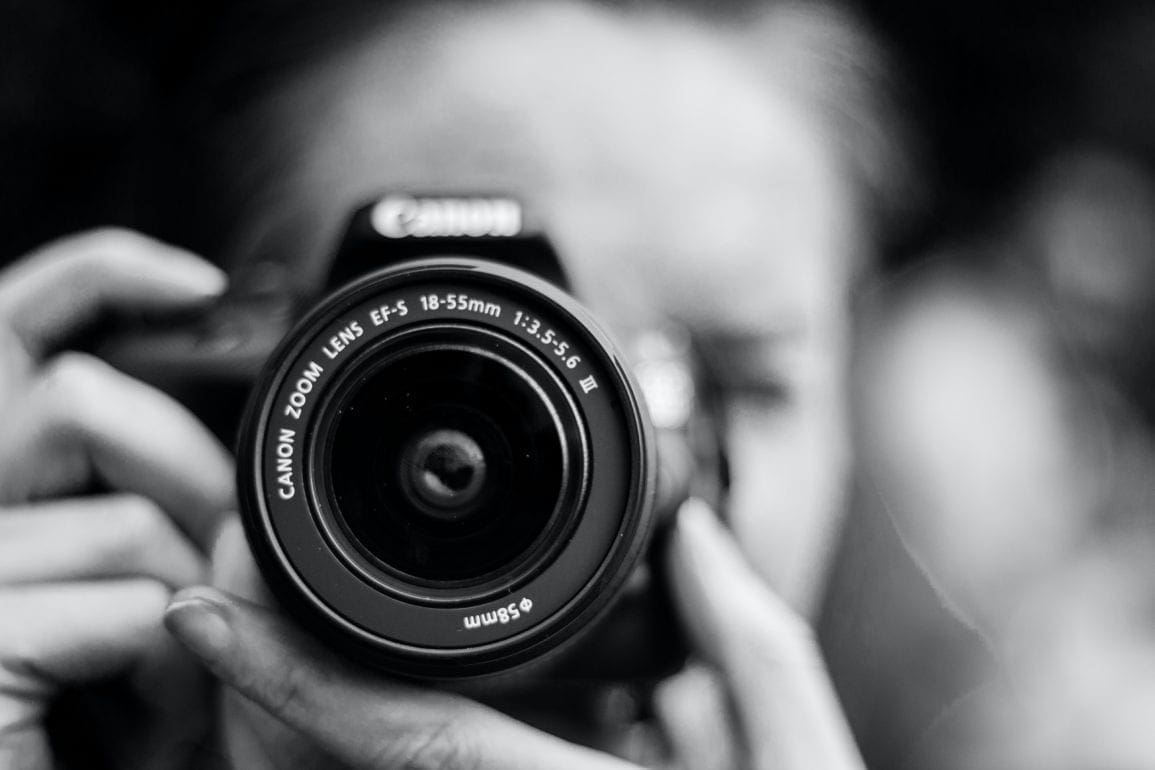Woman in India fights sexism, becomes one of first professional drivers
Going to the gas station proves one of the toughest challenges I face. Male taxi drivers shout sexist remarks the entire time. I try to ignore their comments, but from time to time, I reply. I tell them to go sit at home and let their daughters work instead.
- 1 year ago
January 27, 2023

DELHI, India — When I turned 24, I rebelled against everything that held me back, and became one of the first female drivers in India. Women in India have always faced limited options. Our lives seem predetermined. Society puts us in a box, but we can only be contained for so long. I dreamed of freedom, of breaking out. To me, the open road symbolizes that freedom.
We lived on less than $5/day, I would be more than a future wife
During my early teens, I looked out my window and often noticed a girl in my neighborhood driving herself to work. I felt intrigued and somewhat inspired by this uncommon sight. In India, women could not drive and many of us never held a job. I imagined what I would feel like driving myself somewhere. Little did I know, I would become a professional driver one day.
Read more stories from India at Orato World News
As one of six children, I always felt like a burden on the family. My father, the only breadwinner, had eight mouths to feed. The rest of us, with little education, became laborers. My father worked in a factory and earned about 400 rupees a day [the equivalent of $4.91 USD]. When you live in a city like Delhi, the capital of India, you need more than 400 rupees to survive.
Growing up in a family always struggling to make ends meet, I matured at a young age. I wanted to get my own job so I could help my father and support my family, but Indian society sees women as little more than future wives. They often expect us to learn domestic duties and remain home. The culture instills this in us from a young age.
Before my three sisters turned 21, they married, but I wanted a different life. I possessed the will to fight for what I wanted. I just did not know what that was.
In India’s most dangerous city, I found my opportunity
While still in school, I felt somewhat clueless about how the world worked. Then, one day, I heard about the 2012 Delhi gang rape. Reading the horrible news shattered me and filled me with so much rage. Too young to speak in detail with anyone about it, I felt disgusted with the world. I saw the worried look in my mother’s eyes, begging me silently to be safe every morning as I left for school.
News circulated all over, calling Delhi one of the most unsafe cities in India. Girls became terrified of going out, and other women avoided moving into the city. Despite the bad press, I focused on the opportunities.
I thought about joining the Delhi police force but did not qualify physically. My height failed to meet the minimum requirements. As time went on, I felt more and more helpless, longing for independence. My determination never wavered, and I decided to enroll in driving lessons.
In nearly every Indian household you will find a strong and progressive woman who knows how to fight her battles within the conservative system of the family. My mother is this person. When I started driving lessons, my mother lied to my relatives about it. She told them I attended computer classes. When I asked her where she got her strength from, she simply said she only wants the best for the women around her. She remains my biggest inspiration and greatest supporter.
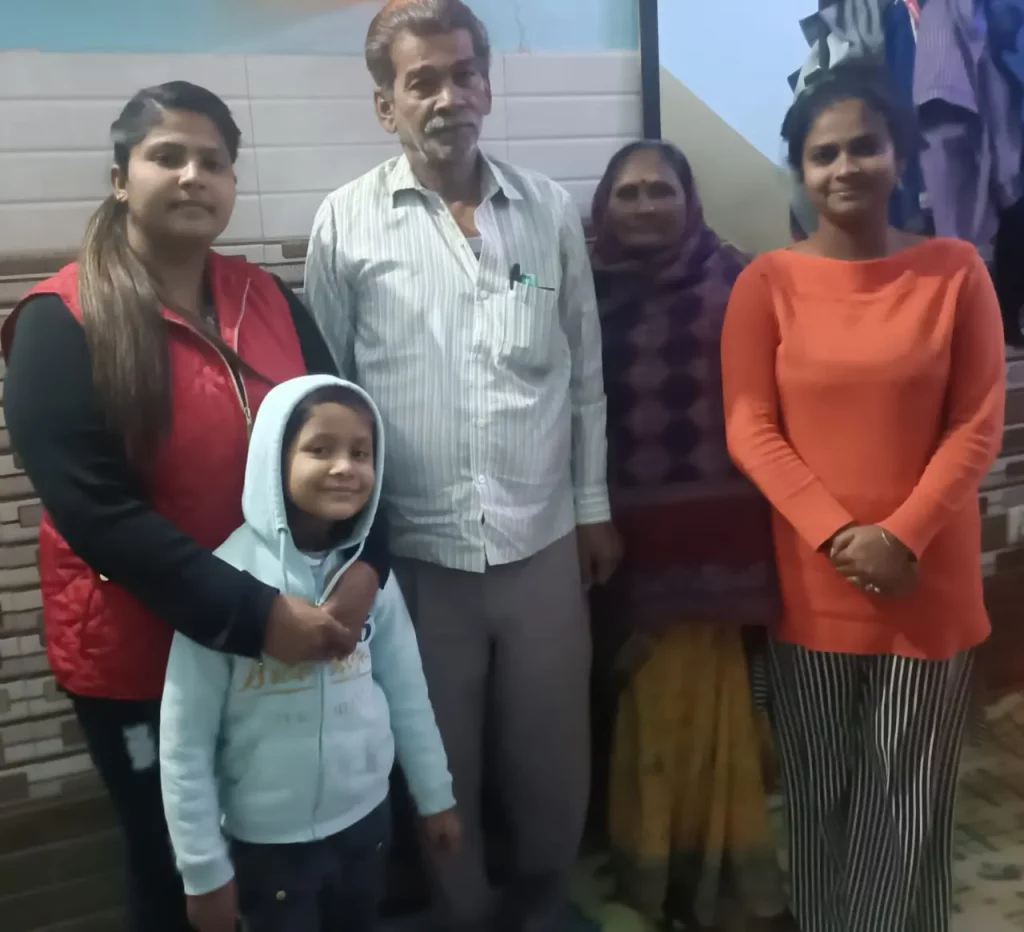
Sworn to secrecy by my mother, I started training as a driver
When I turned 18, reality hit me. At my age, most girls get married. I wanted to do something different, but I only had one more year of school left to think about my future. That day, on my way home from school, I saw my neighbor driving a taxi. I imagined myself at the wheel, driving around every day.
I equated the job with freedom. As a taxi driver, I could meet new people every day, and learn about their lives. It offered me the opportunity to go anywhere I pleased. I decided to follow this path. The timing seemed perfect. The government had just permitted women to drive.
I hurried home to tell my parents the news of my decision. My father simply got up and left. He seemed so angry, and we never spoke about it again. He urged us not to tell our relatives. To them, it seemed like an insult on the family for me to seek employment, as if they did a poor job of providing for me. The concept of women working shocked them.
I turned to my mother instead, who once again offered help. She swore me to secrecy to avoid upsetting my father. She just wanted me to be happy. My mother went with me to my driving course to speak to my trainers. Her courage amazed me. I remember understanding in that moment why most Indians pray to the Goddesses more than the Gods in all the books. To me, women supported the world.
Under the guise of attending academic lectures, I enrolled in new driving lessons at the Azad Foundation, a group that supports rural women’s empowerment. My mother gave me the money she set aside for unexpected expenses.
As the men shout sexist comments, women empower one another
When my driver’s license eventually came by mail, my father opened it. I expected the worst, but I actually never saw him so happy or proud of me before. I felt eager to start, but I knew I faced challenges. Male drivers command twice as much respect as female drivers do. The real battle had only just begun.
I drove for six years before getting my new car – a Suzuki Ertiga seven-seater multi-purpose vehicle. I earned a lot of money and gave it all to my mother to run the house and provide rations for the family. However, a large portion of my relative stopped speaking to me. They looked down on me in shame because of my work, and they never understood it.
On the roads, I drive as good as any man. Yet, people rarely treat me as an equal. At times, passengers cancel bookings when they hear my voice. Other times, they ask, “Are you sure you know how to drive?”
Going to the gas station proves one of the toughest challenges I face. Male taxi drivers shout sexist remarks the entire time. I try to ignore their comments, but from time to time, I reply. I tell them to go sit at home and let their daughters work instead.
Every now and then, I meet kind strangers who move me. One day, I drove an American woman visiting India on a business trip to the airport. She showed me genuine appreciation and it moved my heart. We talked a lot during that drive about my journey and about hers. After pulling up to the airport, before she left, she gave me a flash-drive. It contained a series of essays she wrote about women’s empowerment. She urged me to keep in touch and I still think about her, to this day.
Going from taxis to buses and taking a government job
In 2019, the government made it possible for women to use public transportation for free. This also loosened the rules for female bus drivers. For instance, they lowered the minimum height requirement from 159 centimeters (5′ 2″) to 153 centimeters (5′). They also shortened the induction period to one month. I applied right away.
With a good amount of driving experience, I easily passed the bus driver exam. Afterwards, I appeared for an interview. It went well and I received the letter of selection. It felt as wonderful as the moment I first got my driver’s license.
I started my training to be a city bus driver for the Delhi Transport Corporation (DTC). I became the only girl in my family to ever be selected for a government job. Once I complete training, I can start driving a bus on the road.
I have no intention of marrying or starting a family anytime soon. Instead, I focus on moving one step at a time, closer to my dream. I want to keep making riders happy. My work as a professional driver in India challenges gender stereotypes. I also make sure women ride safely. Though that may seem like a small thing, to me, it is everything.
